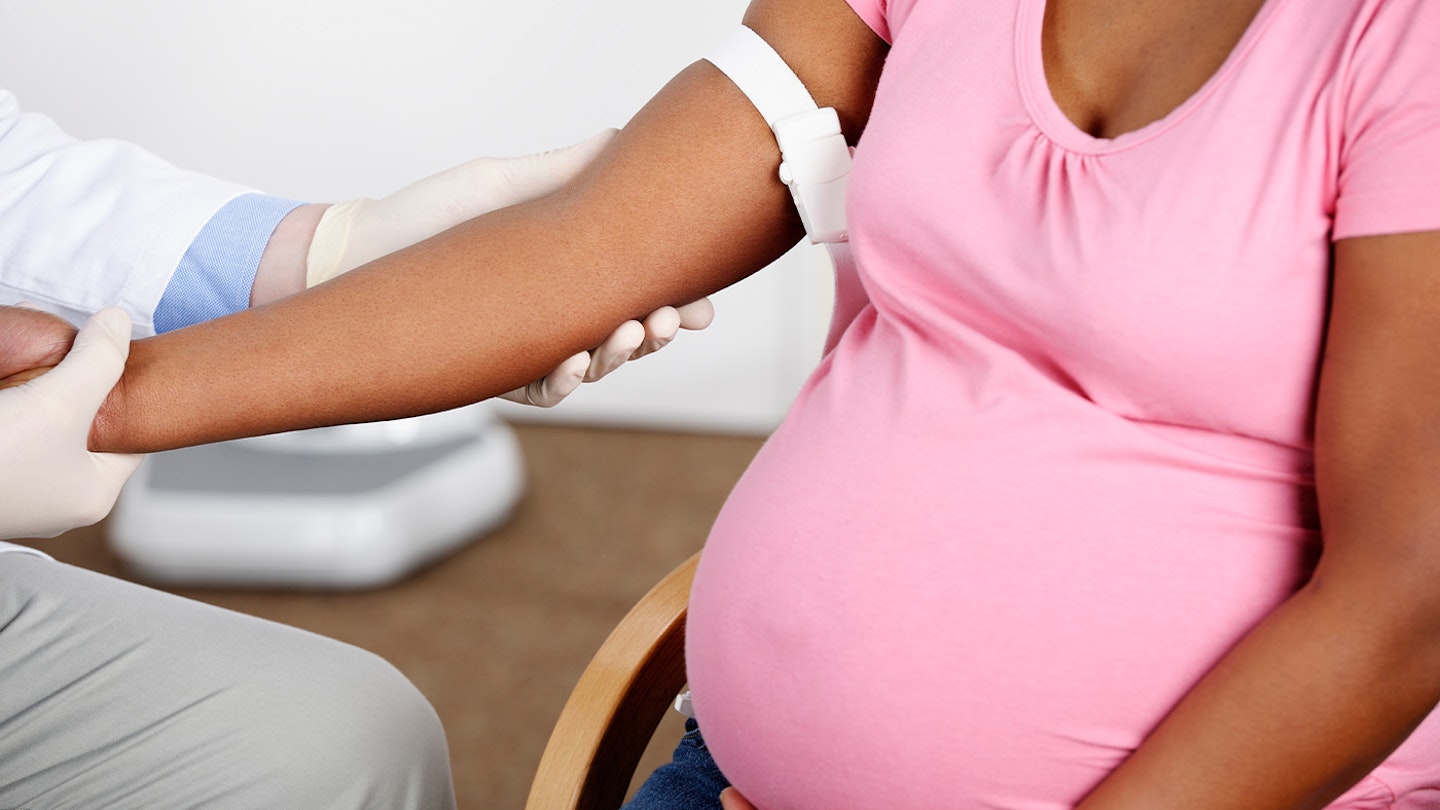Thanks to modern medicine, rhesus disease is fairly uncommon these days, but it's worth being aware of just in case you're impacted by it during your pregnancy.
What is rhesus disease?
It's a condition where a pregnant woman's antibodies in their blood destroy their baby's blood cells. It's also sometimes referred to as HDFN - haemolytic disease of the foetus and newborn.
While it doesn't cause any harm to mum, it can cause baby to become anaemic and develop jaundice, so it's important to take it seriously and know the causes, signs and symptoms.
What causes rhesus disease?
Rhesus disease happens when mum has rhesus negative blood and the baby in her womb has rhesus positive blood. Mum must have also been previously sensitised to rhesus positive blood - this happens when a rhesus positive woman is exposed to rhesus negative blood during a previous pregnancy.
In most cases, these antibodies aren't produced quickly enough to harm baby during mum's first pregnancy, but instead, any positive babies mum may have in the future are most at risk.
The body responds to the positive blood by producing antibodies which fight to attack foreign blood cells (the negative blood of baby) and destroy them.
Rhesus disease symptoms
As mum doesn't experience any symptoms, the only symptoms will be apparent in baby. For very early stages, some baby's may develop anaemia. This can be picked up with what's called a Doppler ultrasound.
Newborns may not show obvious symptoms either, and some baby's don't develop symptoms until up to three months after birth. Physical symptoms in newborns and young baby's may include pale skin, fast breathing, jaundice, low muscle tone, yellowing whites of eyes and poor feeding.
Diagnosing rhesus disease
Your blood will be tested early on in your pregnancy to screen for any diseases as well as checking your blood type. Your baby's blood type may also be tested with a simple blood test of mum.
If you have rhesus negative blood, blood will be taken from your baby's umbilical cord after they're born. This is to check if the antibodies have passed to their blood.
How to prevent rhesus disease
It's a fairly rare disease now as it's easily prevented with injections of a medication called anti-D immunoglobulin. All pregnant women will be offered blood tests as a part of their routine antenatal tests to establish whether or not they have rhesus negative blood or rhesus positive blood.
If mum has already been previously sensitised from a previous pregnancy and already developed the anti-bodies, the injections won't work. If this is the case, the pregnancy will be closely monitored, as will the baby after they're born.
How to treat rhesus disease
If a newborn develops rhesus disease after being born, there are a number of treatment routes doctors might consider.
After being born, baby is likely to be admitted to a neonatal unit. For more severe cases, a blood transfusion might be required, but other cases may be treated with phototherapy or an injection of antibodies to prevent red blood cells from being destroyed.
In very severe untreated cases, rhesus disease can result in stillbirths, brain damage, hearing loss, learning difficulties, vision loss and blindness. Remember that treatment is nearly always effective at treating rhesus disease and these cases are very uncommon.
